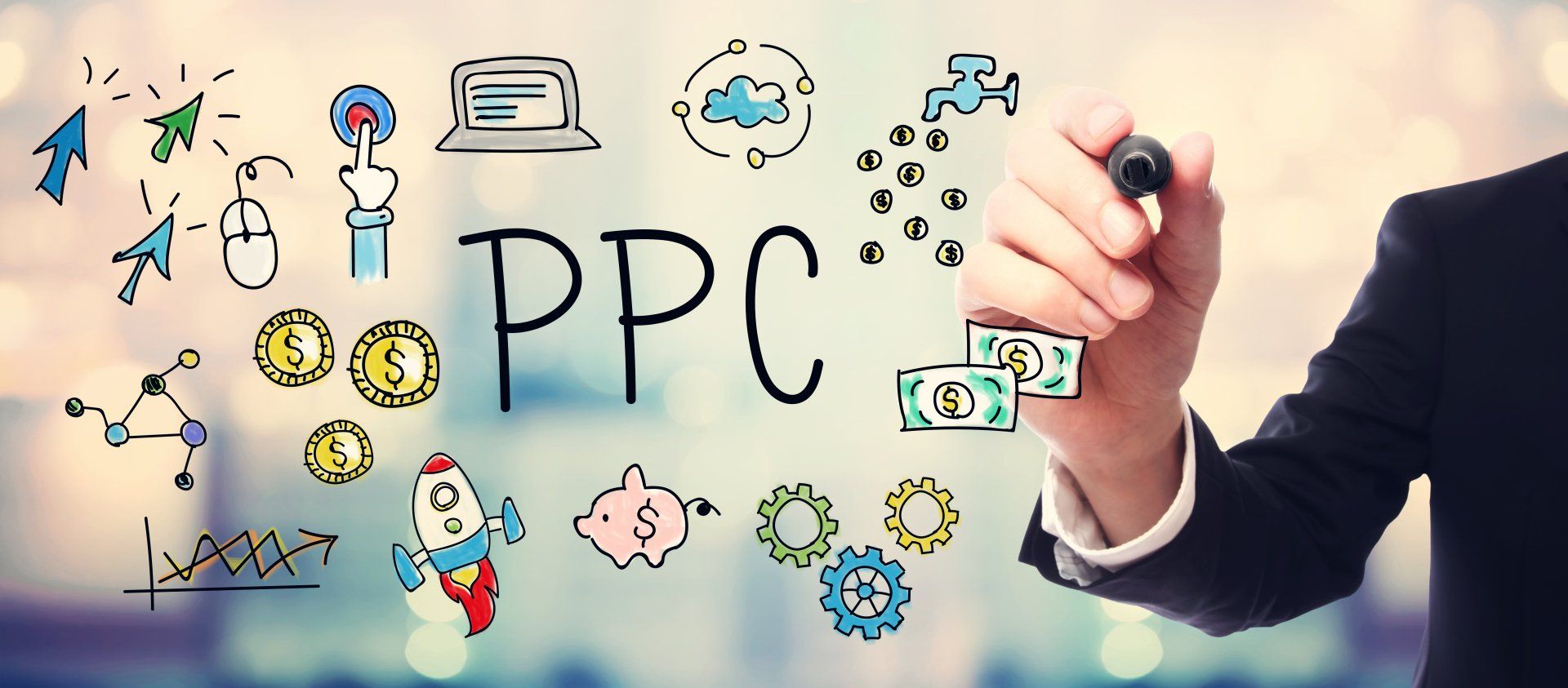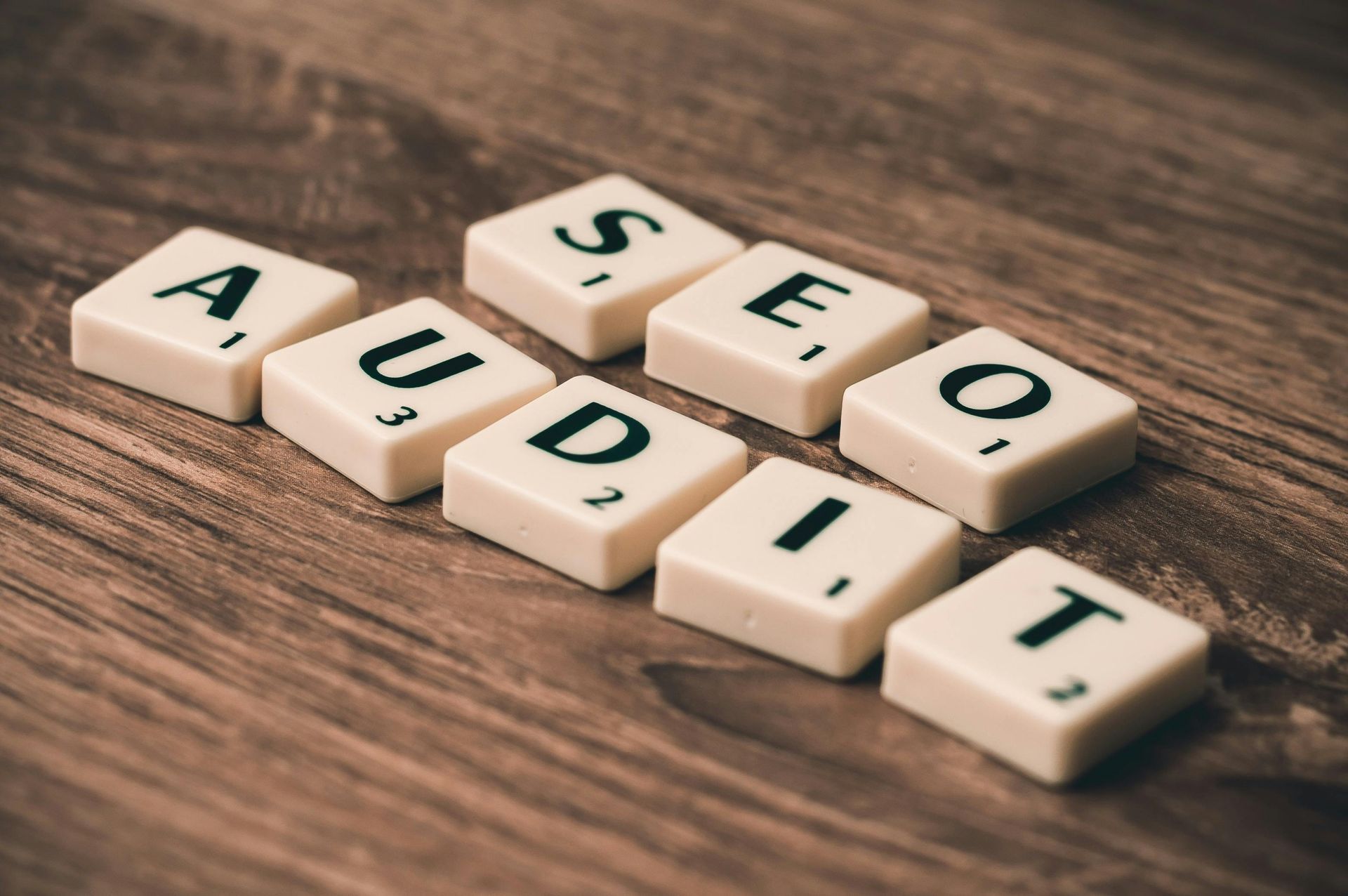The Great Debate: SEO vs PPC
Marketing terms are abundant in the web design world, but which of them will really matter to you and your business?
Many companies will attest to either SEO (Search Engine Optimisation) or PPC (Pay Per Click) being the king of all marketing without taking your business needs into account. So before you devote your time and attention to one over the other let’s shed some light onto why both strategies can be ruler and help you to decide which will help you to turn your website into a kingdom.
The SEO vs PPC debate is a little like the foible about the tortoise and the hare, one takes the race faster than the other but in this case both will make it to the finish line. SEO is the tortoise in our scenario and PPC is the hare, both will get you to where you need to be but which one that you pick to hedge your bet on will all come down to your own goals and timescales.
Through this article we’ll be going over the benefits of both in detail, but what’s the short answer?
To keep things simple we've separated the good, the bad and the ugly of SEO and PPC so that you can make up your own mind. The jist of it however, is what are you after? With PPC providing instant results that can be short lived and SEO taking longer to start delivering but a lot more long term you need to decide what you need and why you need it.
Keep reading as we dive deeper into the great debate.
PPC Provides Almost Instant Results
If you need results fast then PPC is a sure-fire way to get them, however it is important to note that there’s no guarantee that these results will be perfect. Whether you bag good or poor results is totally up to your PPC provider and how skilled and insightful they are. Another thing to factor in is your budget; PPC isn’t a one and done method of gaining consistent results, you have to have deep pockets to continue to provide for it. The best way to start with PPC is to allocate a monthly budget to it, that way you can experiment without breaking the bank until you find your formula to turn PPC spend into profit.
SEO Provides Long Term Results
If PPC is the instant gratification of the marketing world then SEO is the slow burner. Instead of flicking a switch and seeing leads flooding in straight away you need to be prepared to practice patience. Some website owners will enter into their campaigns and may not see ROI for a couple of months which can be frustrating however, we promise, it is worth it in the long run when done right. In the lightning fast world we live in it’s easy to buy into SEO companies and tools that promise you big results in the first month, we want our cake and we want it now. However, due to the nature of SEO we’d recommend that you resist the urge to pour money into places that won’t serve you in the long run, find a trusted company that gives you a realistic time period (around 6 months) and that won’t overpromise and underdeliver. That way you can make sure that you’re giving your SEO the best foundations to grow into an effective marketing tool for you and your website.
Both SEO and PPC can be a problem if partnering with the wrong provider
Whether you are a new business or already turning over millions you want to make sure that you don’t squander your marketing budget. We all want to see a good ROI no matter how much we can afford so it’s important that you’re not paying money into an SEO or PPC company that isn’t providing you with anything in return. To save your campaigns from turning into a nightmare search for companies that can provide you with trusted reviews, case studies and references. If they really do a good job then they should be wanting to shout it from the rooftops and will gladly give you examples of work they have done with other companies. If you feel as though they are withholding information or can’t obtain any of the above from them then it may be best to walk in the other direction no matter what the cost, often if it feels too cheap to be true, in our experience, it often is.
PPC: Stop Paying, Instantly Stop All Benefits
If you are a small business can you afford to pay into a campaign that doesn’t deliver month after month? If the answer to this is no then you need to seriously consider who you are using to manage your marketing campaigns. If you hire a company to take on one of your marketing initiatives and they use a campaign lead who isn’t clued up on how to optimise or properly execute a PPC strategy then you will be risking throwing your budget down the drain. Whether you have £500 or £500,000 to spend per month you want to be able to trust that your click advertising delivers ROI every single time.
SEO: Stop Paying, Potentially Continue to See Long Term Benefits
No matter if you are a small business or a large enterprise SEO campaigns take on average about 6 months to deliver any tangible results and ROI. This means that you may well have to shell out on a marketing campaign with only the hope of seeing it become a success. Successful results doesn’t only mean number one ranking in search engines, it also needs to be applied to actual money going into your bank account from that exposure. If you or your company can’t afford to sit on this type of investment it may be worth looking into PPC to start the ball rolling. That being said if you can wait, SEO that delivers great results tends to last much longer if you take into account that if you turn your PPC campaign off any leads that it may generate will also shut down instantly.
SEO: The Good
SEO can give you a higher brand integrity and the closer to the top you appear on Google the more that visitors will trust your site and your business. Generally speaking, once you get results you keep them, meaning that your ROI is likely to be strong and your website will stand out among the 1.94 billion other websites out there. Although SEO may not be as instant as PPC it will start to give you results when you begin your efforts. Then they will increase at a slow but steady rate and the longer that it successfully works through monitoring and slight adjustments, the stronger your SEO will get.
PPC: The Good
Put plainly, all you need is two words; ‘Google Ads’. To decanter the good from the PPC world get clever about Google Ads or Ad Words, no matter what your budget you can use these to help to market your business. Google Ads provides tons of options so you can customize your campaigns and adverts to your particular needs, hyper-targeting the audiences you most want to reach. Through this you can specify keyword match types, use ad extensions, narrow your audience, and access a huge network of non-search users on partner sites such as YouTube and Gmail.
SEO: The Bad
Google can wipe out your efforts overnight and penalize you due to it’s updates. Avoiding them or getting these penalties removed can be almost impossible but it’s important to look out for things that can negatively affect your SEO. These biggest triggers that have been reported are; bad backlinks, duplicate or irrelevant content, keyword stuffing, too much anchor linking, hidden links, cloaking, hacking and website timeouts. The best way to avoid them is to follow the rules by following white hat SEO techniques to keep any searcher happy and build your site correctly from the start.
PPC: The Bad
Due to the nature of PPC if you’re a small business you’re in a harder position because you will always be competing against the bigger companies who have huge budgets to pile into their marketing campaign. Think about the makeup industry and it’s easy to put into perspective; companies like Max Factor and Clarins will have the time and money to lock down the terms the apply to their brands, such as ‘lipstick’ ‘foundation’ and ‘mascara’. Smaller companies would have to pay a hefty price for any clicks if they want to appear side by side with the big brands as those terms would have already been taken and the price raised.
SEO & PPC: The Ugly
The ugly truth is that nobody (that isn’t involved in creating them) truly knows the ins and outs of the algorithms that search engines such as Google use. With SEO you have no control of how much activity you will produce and what kind of movement you will get from all your endeavours, therefore the biggest issue is the lack of control and always being at the mercy of the almighty algorithm.
PPC can also put you at the mercy of outside sources. Despite Google having it’s own guidelines on click bots there are many companies that will invest in shrinking their competition through click bots. These bots will shrink click budgets of competitors by repeatedly clicking on their site causing repeated clicks that will never lead to any results. In 2016, AdAge estimated that Non-Human Traffic (Bots) are costing the industry about $7 billion a year. You can find out more about how this can negatively affect your PPC and what it means for you here.
Q&A's
So the great debate may continue but we want to know; What is your experience of PPC and SEO? Do you have an overruling favourite for your business or are you perhaps someone who has seen the benefit from both?
If you’d like more information or help with your website at Cotswold Web we are always available for a chat. Just click HERE
Emily Andrew
More Posts.






